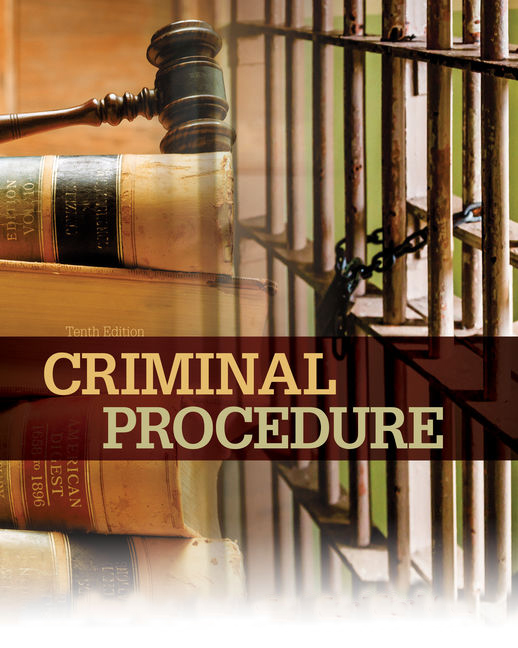Acquittal of the accused is a necessary consequence of the dismissal of complaint in default of appearance of the complainant: High Court of J&K and Ladakh
If a Magistrate chooses to dismiss a complaint because of non-appearance of the complainant, he has to acquit the accused meaning thereby that acquittal of the accused is a necessary consequence of the dismissal of the complaint in default of appearance of the complainant as held by the High Court of J&K and Ladakh through learned bench of Justice Sanjay Dhar in the case of Manzoor Ahmad Mir Vs Nasir Ahmad Wasil [Crm(M) No.271/2019].
The brief facts in the instant case were that respondent had filed a complaint about offenses under Section 138 read with 142 of Negotiable Instruments Act against the petitioner before the Court of District Mobile Magistrate, Sopor. It seems that during the pendency of the said complaint, the complainant/respondent stopped appearing in the case and the same was dismissed for non-prosecution. The aforesaid order came to be challenged by the complainant/respondent before the Court of Additional Sessions Judge, Sopore by way of a revision petition. The learned Revisional Court, after making an elaborate discussion allowed the revision petition and set aside the order of trial Magistrate and asked the parties to appear before the trial Magistrate with a further direction to the said Magistrate to revive the complaint in question to its original number and to proceed with the same in accordance with law.
The only contention that has been raised by the learned counsel for the petitioner is that once an order of dismissal of a complaint is made by the Magistrate, the same amounts to acquittal. According to the learned senior counsel for the petitioner, an order of acquittal can be challenged only by way of an appeal after seeking leave to file the same and not by way of a revision petition. It has been vehemently contended by learned counsel for the respondent that in this case, the Magistrate had only dismissed the complaint and not recorded acquittal of the accused, as such; it is not an order of acquittal of the accused.
After hearing both sides, the Hon’ble High Court observed that the order of dismissal of complaint passed by the learned trial Magistrate simply records dismissal of the complaint but it does not record acquittal of the accused. Section 247 of the J&K Code of Criminal Procedure, which is applicable to the instant case, provides the consequences of non-appearance of the complainant and that the reasoning given by the learned counsel for the respondents is not correct as the dismissal of a complaint necessarily leads to the acquittal of the accused.
After a perusal of the facts and arguments, and relying on the judgments of Om Gayatri & Co. & Ors. V. State of Maharashtra, Sachin Sharma v. Pawan Gupta, 2019, and V. K. Bhat v. G. Ravi Kishore and another, the court concluded that “It is clear that the order of dismissal of complaint passed by learned Magistrate amounted to the acquittal of the petitioner herein and the said order could have been challenged only by way of an appeal and not by way of a revision petition. Therefore, the Revisional Court has exercised a jurisdiction that is not vested in it and, in fact, is barred in terms of sub-section (5) of Section 439 of J&K Cr. P. C. The impugned order of the Revisional Court is, therefore, without jurisdiction and calls for interference.”
Click here to read the Judgment
Judgment Reviewed by – Aryan Bajaj





